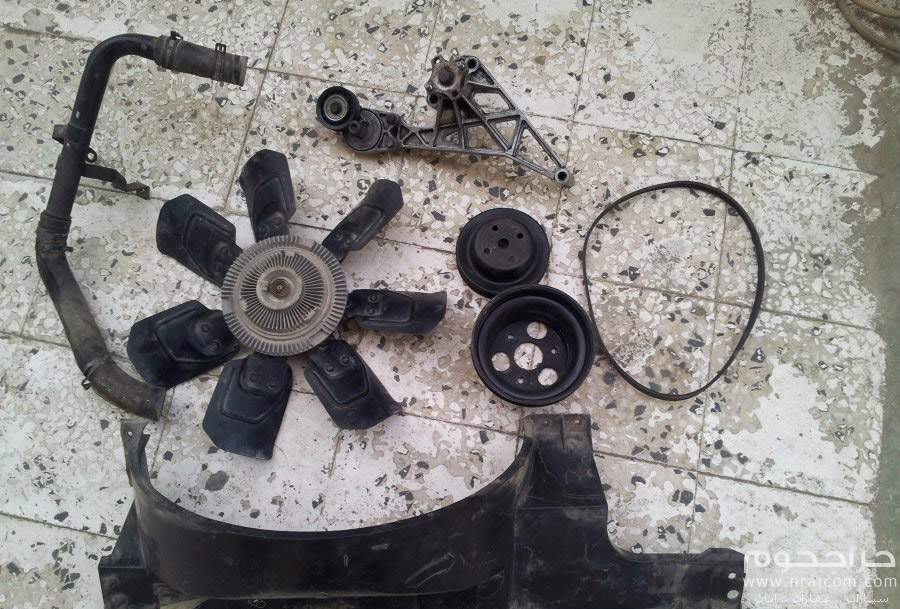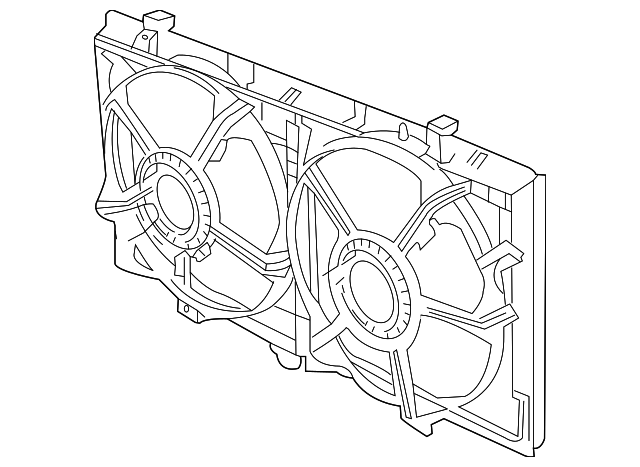
طريقة تغيير مراوح الكابرس ( قلب المروحه ) 👍🏼 || ركبها بالبيت 👍🏼😋 Master966 ماستر٩٦٦ فهد غازي - YouTube

ALLOYWORKS 3 صفوف من الألومنيوم المشعاع + 2 × 12 بوصة غطاء مراوح لشيفي كامارو / سنري / Cutlass/Caprice/Impala/El Camino (جديد) : Amazon.ae: السيارات

ALLOYWORKS 3 صفوف من الألومنيوم المشعاع + 2 × 12 بوصة غطاء مراوح لشيفي كامارو / سنري / Cutlass/Caprice/Impala/El Camino (جديد) : Amazon.ae: السيارات

مبرد بـ 4 صفوف من CoolingCare + غطاء لوفر + مراوح 12 بوصة لموديلات شيفي 1963-1968 متعددة ، بيل اير كابريس إل كامينو امبالا : Amazon.ae: السيارات

كور ايطار مراوح يوكن دينالي 2007-2014 - متجر لبيع قطع غيار السيارات وزينه السيارات وقطع تزويد السيارات
























